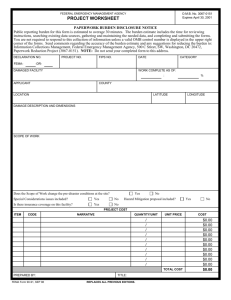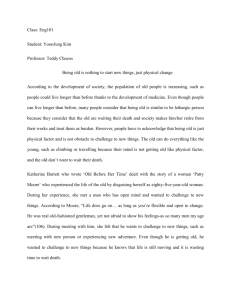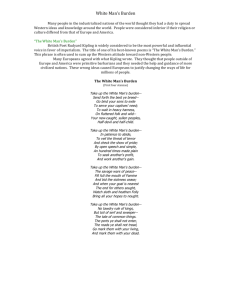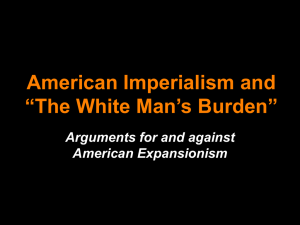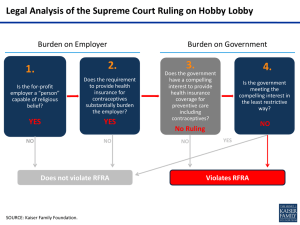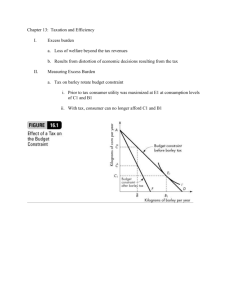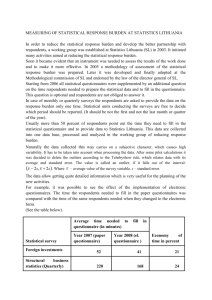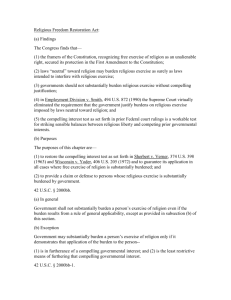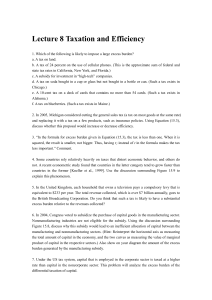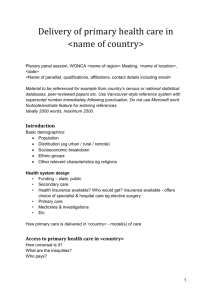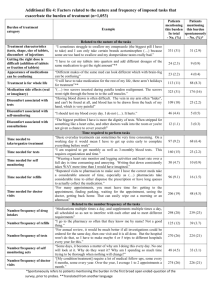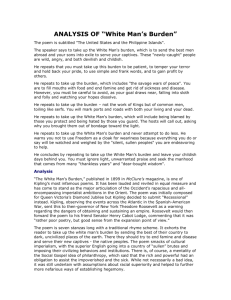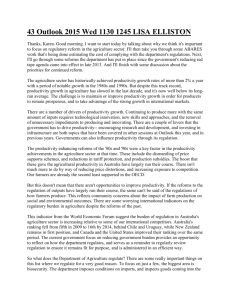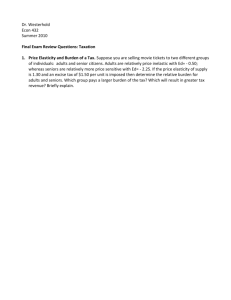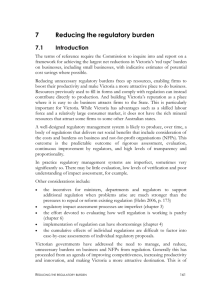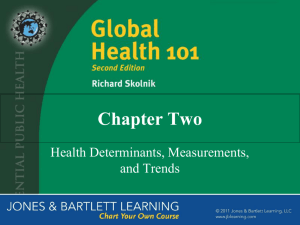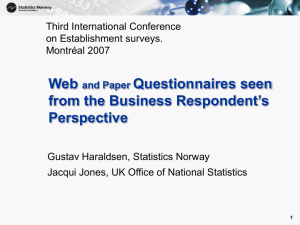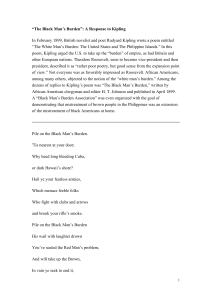Reducing red tape in statistics
advertisement
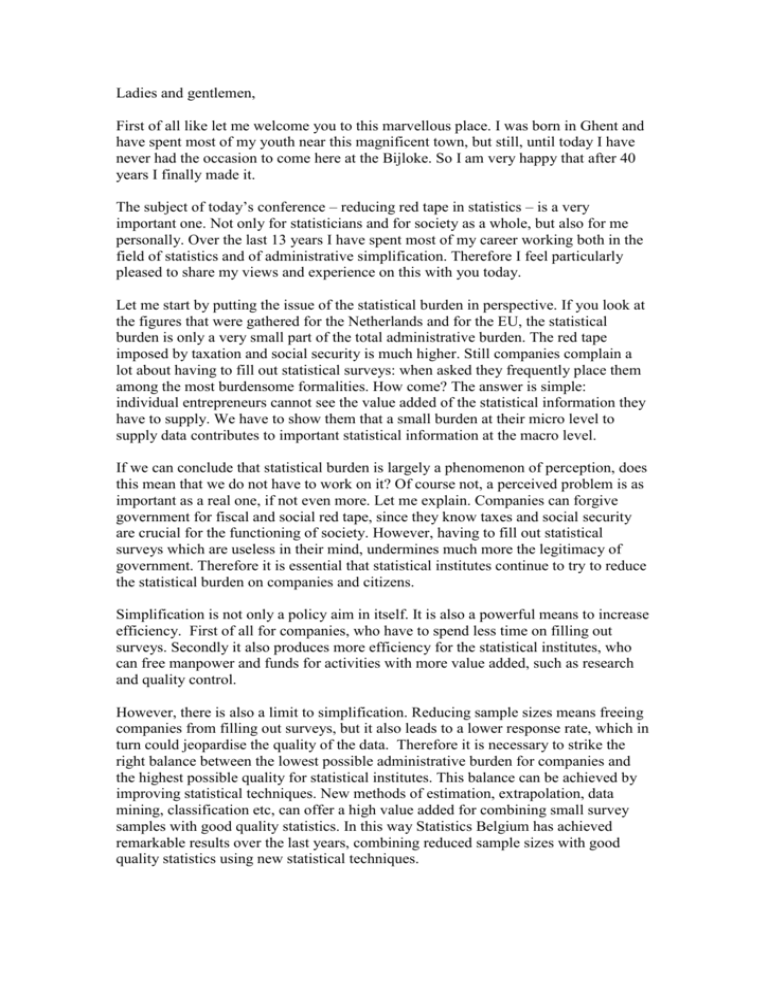
Ladies and gentlemen, First of all like let me welcome you to this marvellous place. I was born in Ghent and have spent most of my youth near this magnificent town, but still, until today I have never had the occasion to come here at the Bijloke. So I am very happy that after 40 years I finally made it. The subject of today’s conference – reducing red tape in statistics – is a very important one. Not only for statisticians and for society as a whole, but also for me personally. Over the last 13 years I have spent most of my career working both in the field of statistics and of administrative simplification. Therefore I feel particularly pleased to share my views and experience on this with you today. Let me start by putting the issue of the statistical burden in perspective. If you look at the figures that were gathered for the Netherlands and for the EU, the statistical burden is only a very small part of the total administrative burden. The red tape imposed by taxation and social security is much higher. Still companies complain a lot about having to fill out statistical surveys: when asked they frequently place them among the most burdensome formalities. How come? The answer is simple: individual entrepreneurs cannot see the value added of the statistical information they have to supply. We have to show them that a small burden at their micro level to supply data contributes to important statistical information at the macro level. If we can conclude that statistical burden is largely a phenomenon of perception, does this mean that we do not have to work on it? Of course not, a perceived problem is as important as a real one, if not even more. Let me explain. Companies can forgive government for fiscal and social red tape, since they know taxes and social security are crucial for the functioning of society. However, having to fill out statistical surveys which are useless in their mind, undermines much more the legitimacy of government. Therefore it is essential that statistical institutes continue to try to reduce the statistical burden on companies and citizens. Simplification is not only a policy aim in itself. It is also a powerful means to increase efficiency. First of all for companies, who have to spend less time on filling out surveys. Secondly it also produces more efficiency for the statistical institutes, who can free manpower and funds for activities with more value added, such as research and quality control. However, there is also a limit to simplification. Reducing sample sizes means freeing companies from filling out surveys, but it also leads to a lower response rate, which in turn could jeopardise the quality of the data. Therefore it is necessary to strike the right balance between the lowest possible administrative burden for companies and the highest possible quality for statistical institutes. This balance can be achieved by improving statistical techniques. New methods of estimation, extrapolation, data mining, classification etc, can offer a high value added for combining small survey samples with good quality statistics. In this way Statistics Belgium has achieved remarkable results over the last years, combining reduced sample sizes with good quality statistics using new statistical techniques. But what is most important is a change of mind in the way we interrogate companies. Up to now, we started from the statistical information needed and then created a survey to get this information from enterprises. This leads to multiple questioning of the same companies by the same statistical institute. In the future, we will have to do it the other way round. We will have to define which information is available within companies and what we need to know from them. On this basis we must then define a multipurpose survey, which companies will only have to fill out once every quarter or year in an electronic way. With this unique survey the statistical institute will then dispatch the available information across its different statistics. Ladies and gentlemen, I hope I have convinced you that reducing the statistical burden is firstly necessary, secondly possible and finally also good for statistical institutes. I wish you a very productive conference. I will be curious to learn from your ideas to make progress in the field of administrative simplification. Thank you for your attention.
